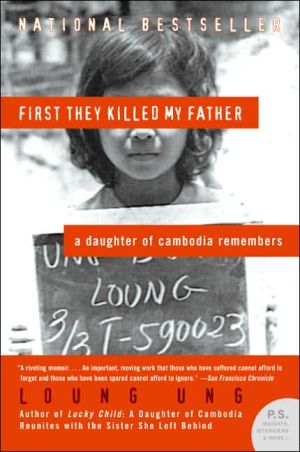True Love and Bartholomew: Rebels on the Burmese Border
The Karen, one of Burma's many minority peoples, have been waging an increasingly desperate war for autonomy against the Burmese government since 1949. Karen society in Burma has been little studied since the 1920s, and recent writers have been forced (by Burma's "closed door" policies) to concentrate on Karen refugee communities in Thailand. This book is a portrait of an ancient culture remolded to the purposes of ethnic rebellion. The picture is enriched with historical comparisons and is...
Search in google:
This book is a portrait of an ancient culture remoulded to the purposes of ethnic rebellion. Publishers Weekly Falla, a British nurse and playwright, spent several months in 1986-1987 in the rebel state of Kawthoolei assessing the medical needs of the Karen, a mountain folk numbering some four million, who have been engaged in armed struggle with the lowland Burmese since the late 1940s. Though most of the people mentioned in this memoir are members of the Karen National Liberation Front, the author has little to say about their rebellion, concentrating instead on describing their forest and river life, their hospitality, their musical aptitude and their strict moral code. Certain characters who appear here engage us briefly, particularly a sergeant-clerk named True Love and a female nurse named Come Quick, but the author never makes clear why he thinks readers might be interested in the Karen people as a whole. Photos. (May)
Foreword Nigel Barley; Acknowledgements;1. A bronze drum; 2. Boar tusk's children; 3. White collar flowerland; 4. True love at home; 5. Water child, land child; 6. A simple man; 7. Fighting mean, fighting clean; 8. Great lake and the elephant man; 9. Bartholomew's borders; 10. The three seasonsInterlude: From the Kok River; 11. Last of the longhouses; 12. A delicate bamboo tongue; 13. True love in love; 14. Fermented monkey faeces; 15. Perfect hosts; 16. Old guard, young turks; 17. True love and white rock; 18. Insurgents in a landscape; 19. True love and sudden death; 20. Portraits; Notes; Bibliography; Index.
\ From the Publisher"Both the poignancy and the sense of urgency pervade the text of this poetic and deeply felt book. The reader will be captivated and, long after finishing it, haunted by many vivid images." Journal of Asian and African Studies\ "His absorbing account, with its wealth of research and firsthand observation, is far more than a travelogue and merits its description as a "portrait of an ancient culture remolded to the purposes of a modern ethnic rebellion." Times Literary Supplement\ "Because of his friendships, Mr. Falla has written a truly personal, careful and warm account of his time with the Karen on the Thai Burmese border, but not without a certain degree of skepticism...when he introduces us to the main characters, all this anthropology comes to life ." New York Times Book Review\ \ \ \ \ \ Publishers Weekly - Publisher's Weekly\ Falla, a British nurse and playwright, spent several months in 1986-1987 in the rebel state of Kawthoolei assessing the medical needs of the Karen, a mountain folk numbering some four million, who have been engaged in armed struggle with the lowland Burmese since the late 1940s. Though most of the people mentioned in this memoir are members of the Karen National Liberation Front, the author has little to say about their rebellion, concentrating instead on describing their forest and river life, their hospitality, their musical aptitude and their strict moral code. Certain characters who appear here engage us briefly, particularly a sergeant-clerk named True Love and a female nurse named Come Quick, but the author never makes clear why he thinks readers might be interested in the Karen people as a whole. Photos. (May)\ \ \ Library JournalScattered around the globe are minority groups who have refused incorporation into newly independent Third World nations. Burma (now Myanmar) has several such groups, and Falla devotes his attention to the Karen, who have fought the Burmese since 1948. His account is not the typical flamboyant narrative of the innocent minority ruthlessly persecuted by the majority. Rather, he edited his 1986-87 diary describing his illegal stay in a Karen village (Burma is closed to outsiders). While impartially discussing the Karen's strengths, weaknesses, and perceptions of the future, he also includes the comments of others who over the last two centuries also interacted with the Karen. Falla leaves the reader with the impression that the Karen, like everyone else, are pushed and pulled by outside forces and somehow have to come to terms with this reality. Sometimes they succeed, sometimes they don't. For Asian collections.-- Donald Clay Johnson, Univ. of Minnesota Lib., Minneapolis\ \








